
Calcium
Calcium is a mineral that inhabits human bones and teeth and some of it is used for muscle contraction, blood clotting, nerve functions and enzyme activity. This taken into consideration, it is a very important for keeping a human body healthy, and therefore should be taken daily.Recommended daily allowance (RDA) depends on the person’s age. Daily dose is marked in milligrams per day (mg/day). Babies and teenagers use it the most, because it is involved in body development. Babies from 0 to 12 months require 525 milligrams of calcium daily, kids from 1 to 3 years require 350 milligrams per day, children from 4-6 450, 7 to 10 year olds 550, Teenage girls 800, Teenage boys 1000 and Adults 700 milligrams of calcium daily. There is no exception for breastfeeding women.Calcium is considered to be the bone builder, but the bones are not made of calcium alone. Bone building material nutrition must also include vitamins D and K, protein and potassium. Vitamin D ensures calcium absorption, so it is important to have plenty in body supply. Human body absorbs vitamin D through skin by sun exposure. If sun is on short supply in certain seasons, or parts of the world, a vitamin D supplements are recommended.Since it’s not enough only to pile up building material, workout also plays an important role in bone building.
Vegans and Calcium
Since vegans eliminate some sources of calcium in their diet than meat eaters, fish eaters and vegetarians use (like dairy products) they need to pay more attention to their daily intake. The studies have shown that careless vegan people who neglect their calcium intake have higher risk of bone fracture.
Vegan Sources of Calcium
There are plenty of calcium in vegetables like kale, broccoli, parsley and spring greens. Although it is believed that spinach is a good calcium source, it is not. It IS full of calcium, but that calcium is bound to oxalates and is not absorbed that good.Other calcium substitutes that are vegan friendly include soy foods (i.e. soy milk), Calcium set tofu, Ground sesame seeds, white flour and white flour products, Figs and black molasses, and hard water.Here are some food types that can be used as fortifiers because they can provide 100 mg of calcium in certain amounts. These include Almonds 42g, Black Treacle 18g, Broccoli 250g, Carob 29g, boiled Chickpeas 217g, boiled Curly Kale 67g, Currants 108g, Chickpea flour 56g, Figs 40g, Oranges 212g, calcium fortified Soya Milk 83g, cooked Spring Greens 133g, Tahini 15g, Tofu (made with calcium sulphate) 33g, raw Watercress 59g, White Plain Flour 71g, Wholemeal Flour 263g, White Bread 56g, Wholemeal Bread 94g, Brown Bread 54g, and Granary Bread 48g.Salt (sodium) is causing calcium loss so it is recommended to use low sodium foods and salt. Caffeine is reducing absorption of calcium so the foods and drinks that contain it like coffee and tea should be used in moderation.Fruits and vegetables are good for improving calcium balance and should be consumed regularly. Protein is also one of the important bone builders so it is important to intake plenty of protein.


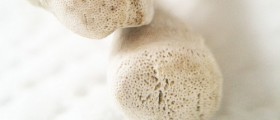





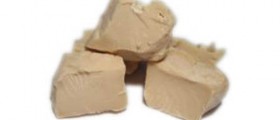
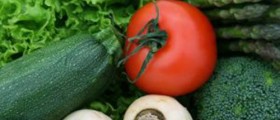
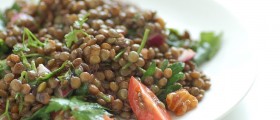
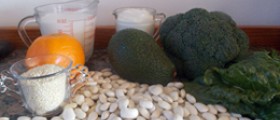





Your thoughts on this
Loading...